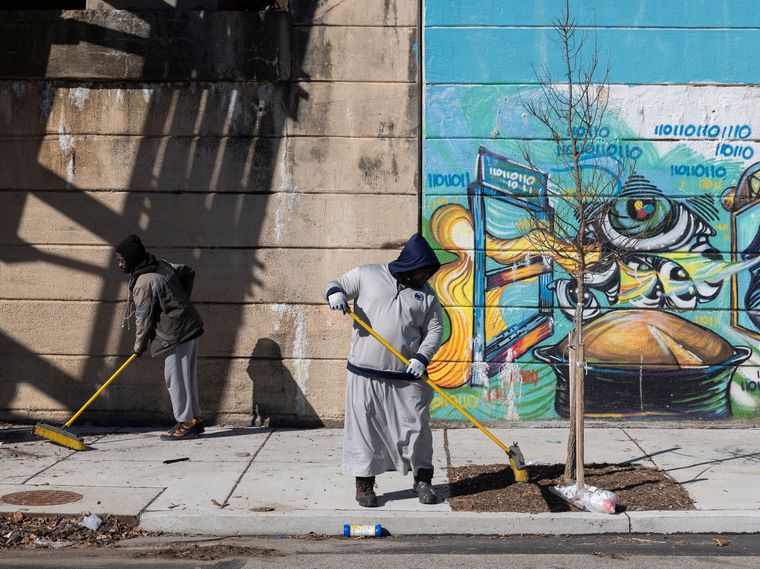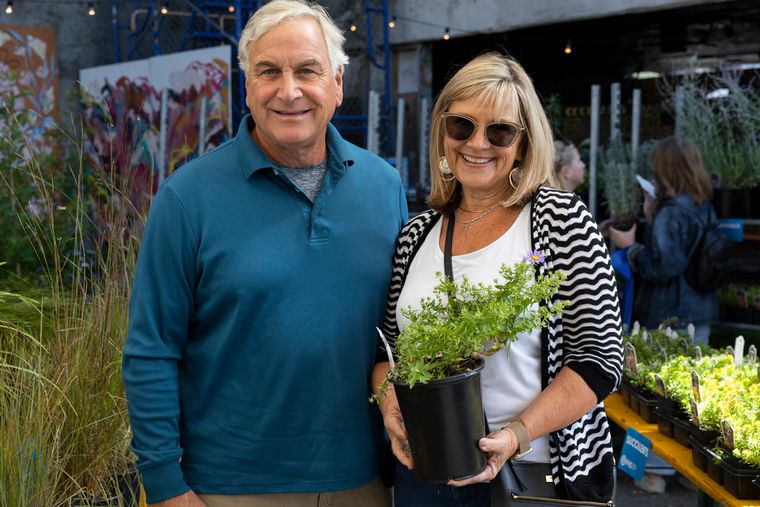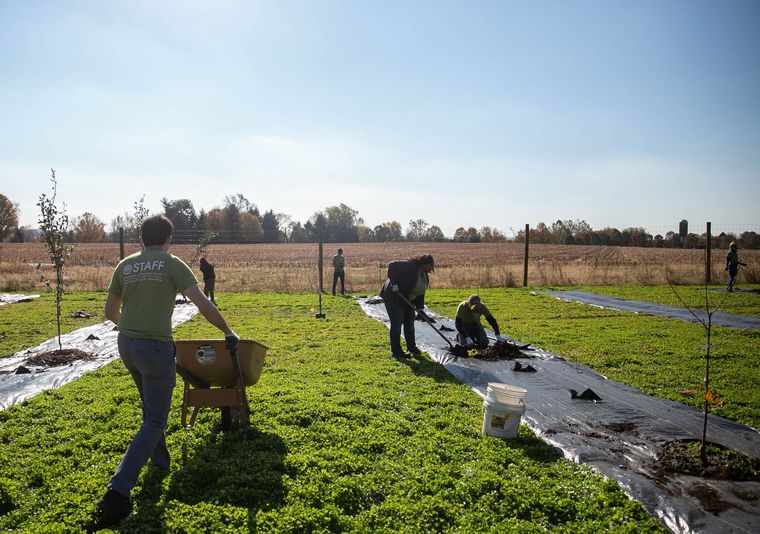



SEAMAAC and PHS Partners Empower Marginalized Communities through Environmental Justice
phs community & events

By Melissa O’Brien
The organization called SEAMAAC (Southeast Asian Mutal Alliance Association Coalition) is a Philadelphia-based non-profit that serves immigrants and refugees, as well as other marginalized communities in the Greater Philadelphia area as they seek to advance the condition of their lives in the United States. For the past four decades, SEAMAAC has brought issues affecting immigrants/refugees to the forefront for policymakers and other health and social service agencies.
SEAMAAC recently joined the Executive Committee of the Green Living Plan, partnering with PHS and other local community-focused organizations to produce an action agenda for creating healthier, safer, and more environmentally equitable neighborhoods in Philadelphia.
In honor of Asian American and Pacific Islander Heritage Month, we interviewed Thoai Nguyen, CEO of SEAMAAC, to learn about the organization's mission and how it has evolved over time to better serve its community.

Serving Marginalized Communities in Philadelphia
SEAMAAC was founded in 1984 with the goal of serving Southeast Asian refugees from Cambodia, Laos, and Vietnam, as well as ethnic Hmong and ethnic Chinese from those three countries. However, as the organization grew in size and scope, it has continued to expand its mission to serve all marginalized communities in Philadelphia.
Nguyen defines "marginalized" as economically, politically, and socially disenfranchised people. This includes immigrants and refugees, as well as African American and LatinX families, and white working-class folks who may also need support and services. Since Philadelphia is a diverse city, it is rare to find homogeneous communities. He says, “It’s essential for SEAMAAC to serve all members of the community, regardless of their background or ethnicity.”

Advocating for Environmental Justice
One way that SEAMAAC is serving its community is by addressing environmental justice and climate resiliency. Nguyen explains, “Many of the communities SEAMAAC serves are historically neglected and underserved, and environmental issues can have a significant impact on their health and well-being.”
As part of the Executive Committee, SEAMAAC helped shape the Green Living Plan for Philadelphia, a community-driven agenda to share with the city’s candidates for Mayor in 2023. The agenda will outline environmentally focused and neighborhood-based policy, programmatic, and investment solutions to Philadelphia’s most pressing quality of life challenges. The Green Living Plan calls for prioritizing investments in the neighborhoods facing the greatest socioeconomic disparities.
By educating their community about climate resiliency and the importance of issues like tree canopies and stormwater management, SEAMAAC is linking their work to a larger citywide struggle for environmental justice. Nguyen notes that Asian Americans are often invisible in the environmental justice conversation, and he sees the Green Living Plan as an opportunity for SEAMAAC to advocate for their community and raise awareness about these important issues.

Making a Difference for Years to Come
By expanding services to include all disenfranchised people and addressing issues like environmental justice, SEAMAAC is making a difference in the lives of those who need it most.
Nguyen is hopeful that the organization's commitment to environmental justice will last well beyond the 2023 Mayoral election. He says, “I'm hoping that we hold ourselves and our leaders accountable and that people commit to this plan in perpetuity.”
Support the Green Living Plan to make Philadelphia healthier, safer, and more environmentally equitable.


